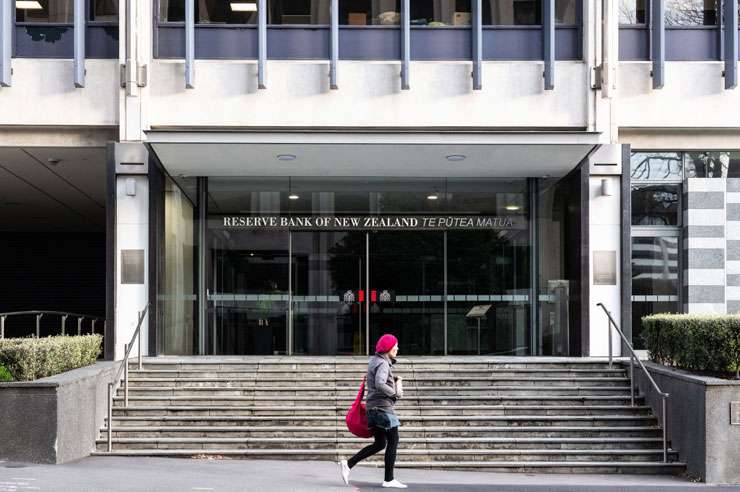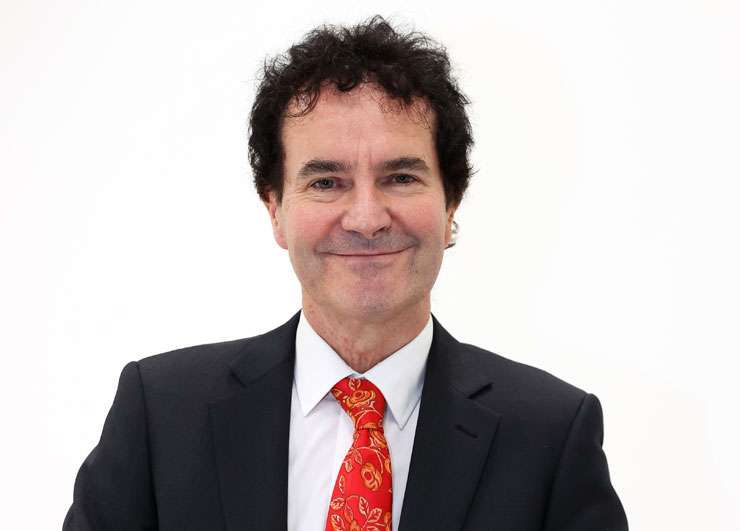One of the key themes I’ve been emphasising in this column has been upside risk to inflation and therefore upside risk to interest rates. That led me to heavily suggest last year and most of this year that borrowers lock in a five-year fixed mortgage rate at 2.99% before the inflation risks started to crystallize. Now they have, and for borrowers the good times are ending. You probably have literally days to get fixed before another round of bank rate rises is pushed through.
A year and a half ago our central bank, like others overseas, adopted a policy of deliberately running the risk of over-stimulating the economy and eventually inflation by running the loosest monetary policy settings we have ever seen. Central banks chose this one-sided risk because they know how to fight inflation (raise rates to deliver recession), whereas fighting weak economic growth and deflation is near impossible when your interest rates are already close to zero.
Now, we have entered the period they planned for, and monetary policies here and overseas are going to go through a phase of policy catch-up. The last time this happened in New Zealand the cash rate was pushed up 3.25% over a four-year period. This time around my guess to date has been that the tightening cycle would last 2-3 years with the cash rate rising about 2.5%. That compares with the Reserve Bank’s forecast of the rate only rising 1.75%. (Back in 2004 the Reserve Bank’s prediction was rates rising only 0.5%.)
Now, it looks like even my bearish prediction may be too optimistic. Borrowers should not rule out the cash rate rising up to 3% and the likes of the one-year fixed mortgage rate hitting 5.5%. My previous pick was 5% allowing for banks rebuilding their damaged fixed rate margins.
Start your property search

A pedestrian passes the Reserve Bank building in Wellington. The bank’s inflation forecast has been proved wrong. Photo / Getty Images
Why this pessimism? Because five months ago the Reserve Bank predicted that inflation right now would be 2.5%. Instead, we learnt on Monday that it is 4.9%. That is the biggest forecasting mistake they have ever made and tells us they no longer have a model for accurately predicting inflation or short-term growth in the economy.
Our central bank has failed in its most important task. But the price of that failure is going to now be borne by borrowers who have not locked in their interest rate for 4-5 years, on top of the cost being borne already by those who have had to pay so much more for their first houses over the past year and a half.
How rapidly will monetary policy now be tightened? Our central bank has its hands in many pies, and its focus has shifted widely away from controlling inflation. Their loss of focus suggests they will continue to tighten only gradually in the near future. They will remain focussed on the temporary negative impact of Covid-related restrictions. Fair enough. But the longer they wait to bring the hammer down the greater will be the extent to which interest rates rise.

Tony Alexander: “We are in the endgame of this house price surge cycle.” Photo / Fiona Goodall
What are the housing market implications? As I have written before, we are in the endgame of this house price surge cycle whether you look at the last 18 months, the last ten years, or the last three decades. The professional investors with large portfolios have been selling off their less-desired properties all year and will probably accelerate their disposals in coming months. They are taking advantage of the FOMO panic still gripping buyers, cutting exposure to interest rate rises, and adjusting to tax changes – including switching to new builds.
With a lot of pent-up demand still in Auckland, summer is likely to produce additional firm price rises. But probably before the middle of 2022 an extended period of price flattening will arise. Personally, the only real question I have is whether the Government will look to take advantage of the momentum building against still soaring house prices next year with an additional measure aimed at curbing investor purchases of existing properties. After all, that is their stated policy and so far, to the extent they want prices to flatten, they have failed. Average house prices have risen 9% since their March 23 tax change.
- Tony Alexander is an economics commentator and former chief economist for BNZ. Additional commentary from him can be found at www.tonyalexander.nz










































































